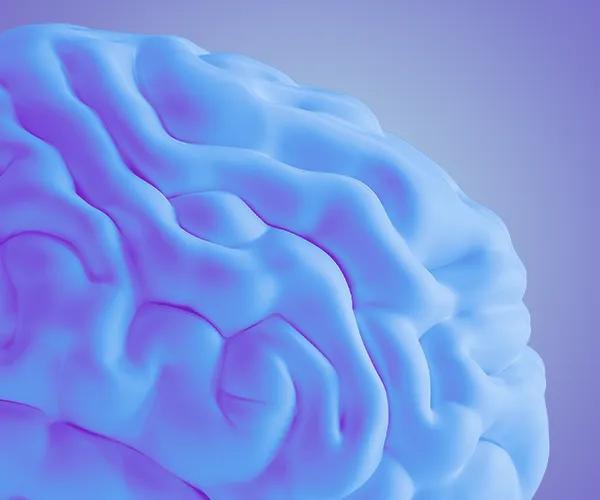
JAX study directors and technicians are experts at conducting translationally-relevant molecular, physiological, and behavioral assessments. By conducting your studies with JAX Preclinical Research Services, you'll have access to robust neurobiology solutions, expert guidance, custom study designs, and reliable data.
Work with our experienced scientists on custom study designs to include the most relevant measures and models of your choice.
Induced pluripotent stem cells (iPSCs) have become an invaluable tool for modeling neurodegenerative disorders and are increasingly used in drug discovery/preclinical trials, safety pharmacology, and toxicology.
Dr. Mark Cookson, senior investigator at the NIH National Institute on Aging, talks about the unique aspects of this collection and how it can benefit the wider scientific community in their shared quest to understand and fight ADRD.
Learn how to enhance neurodegenerative research with iPSCs below:
Watch the Video about iPS Cells